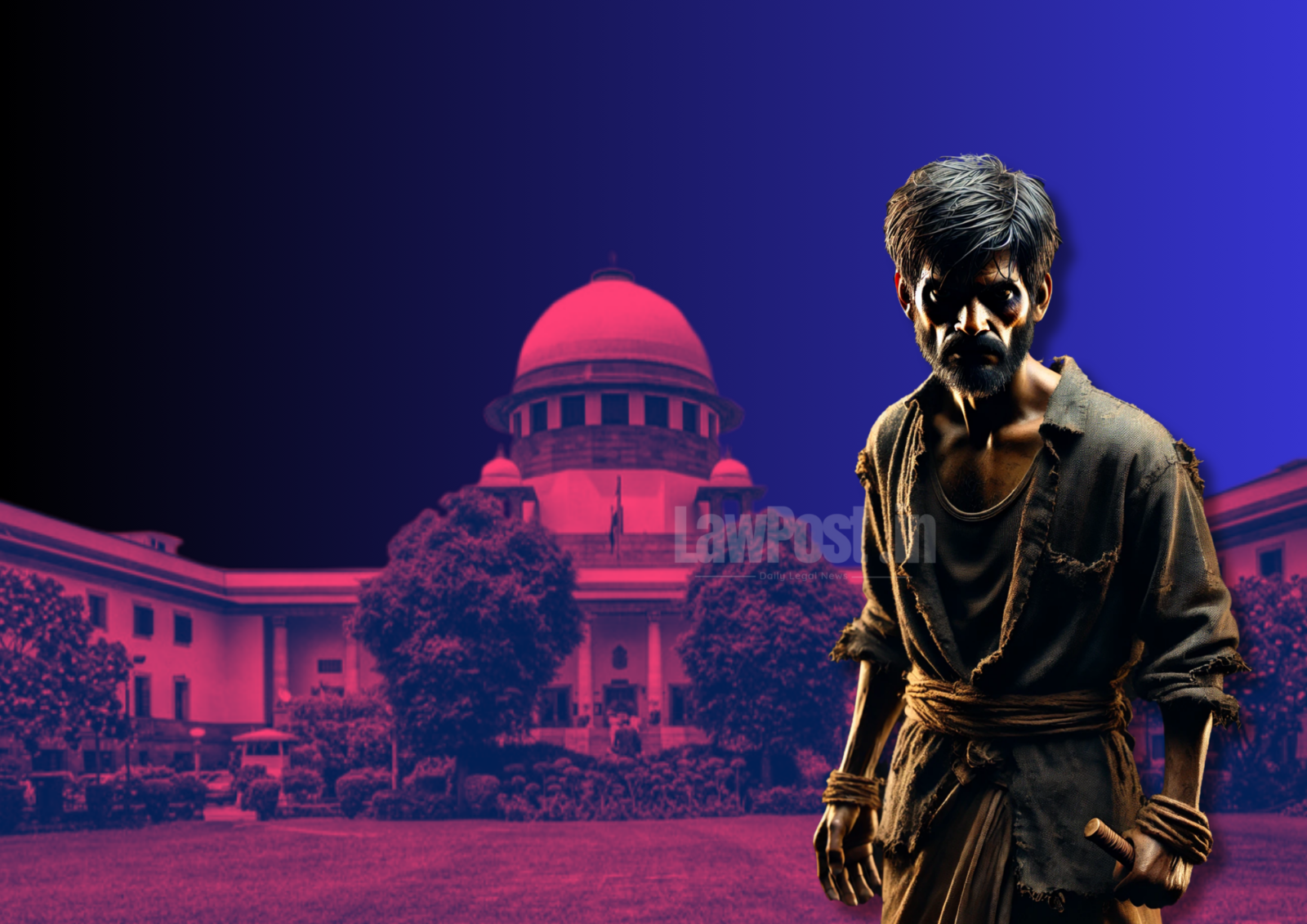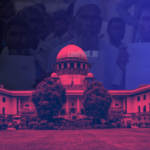The Supreme Court of India on Tuesday declined to intervene in the Karnataka government’s appeal challenging a 2023 Karnataka High Court verdict, which held that necrophilia (sexual acts on a dead body) does not constitute rape under Section 375 of the Indian Penal Code (IPC). A bench comprising Justices Sudhanshu Dhulia and Ahsanuddin Amanullah emphasized that any changes to the law regarding necrophilia should be made by Parliament.
The case in question involved an accused who had murdered a 21-year-old woman and subsequently engaged in sexual acts with her dead body. The trial court convicted the accused under both Section 302 (murder) and Section 375 (rape) of the IPC. However, the High Court, in May 2023, ruled that necrophilia was not covered under either Section 375 or Section 377 (unnatural offences) of the IPC.
In its ruling, the High Court stated, “A careful reading of Sections 375 and 377 of IPC makes it clear that a dead body cannot be called a human or person. Therefore, the provisions of Section 375 or 377 would not be attracted.” The court also suggested that the Central Government should amend the IPC or introduce a separate provision to criminalize necrophilia.
Despite these concerns, the High Court acquitted the accused of rape under Section 375 IPC, though his conviction for murder was upheld. The Karnataka government then moved to the Supreme Court, arguing that sexual acts on a dead body should be included under Section 375 since a dead person cannot give consent.
Additional Advocate General Aman Panwar, representing the state, contended that the word ‘body’ in Section 375 should be interpreted to include a dead body. He also referred to the 1995 judgment in Pt. Paramanand Katara Vs. Union of India, which recognized that the right to dignity and fair treatment extends to dead bodies.
However, the Supreme Court rejected the plea, reiterating that it was up to Parliament to make any necessary changes to the law. The Court also stated that the state could make representations to Parliament on the issue.
Case: State of Karnataka vs Rangaraju @ Vajapeyi v – Available on LAWFYI.IO








